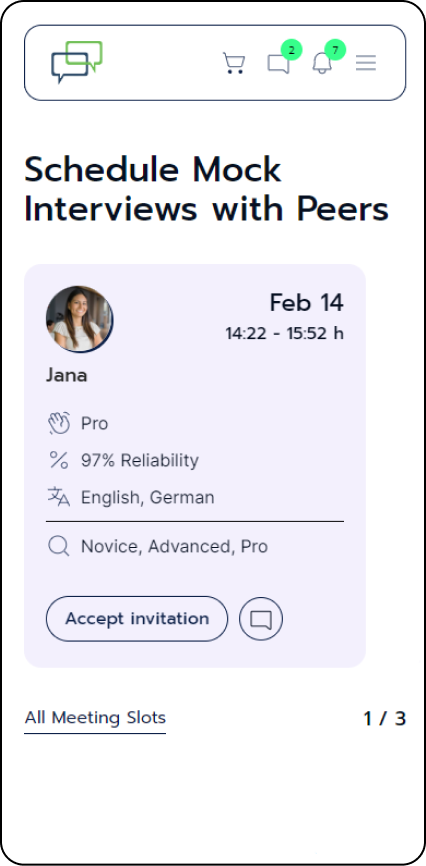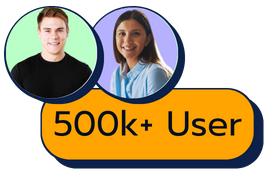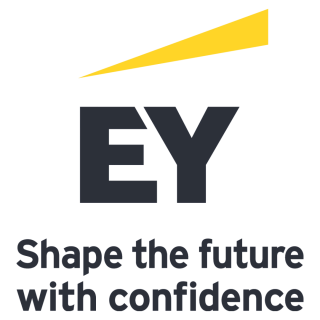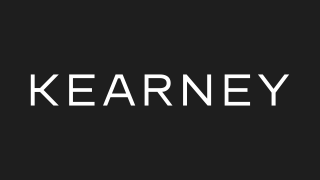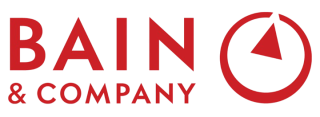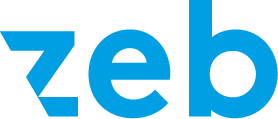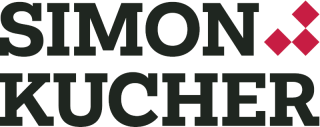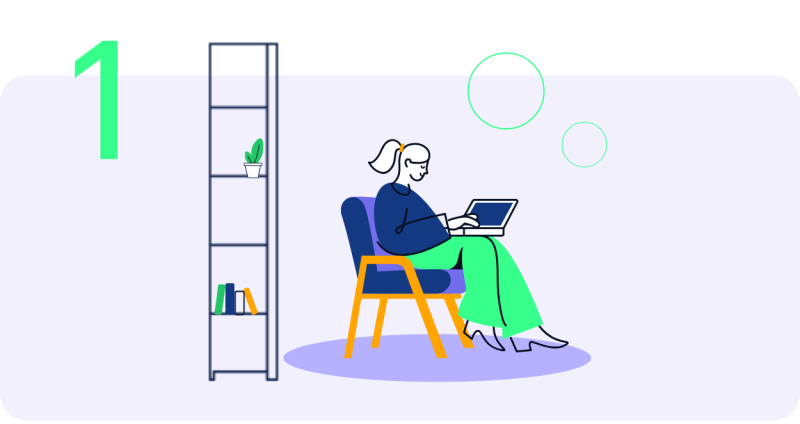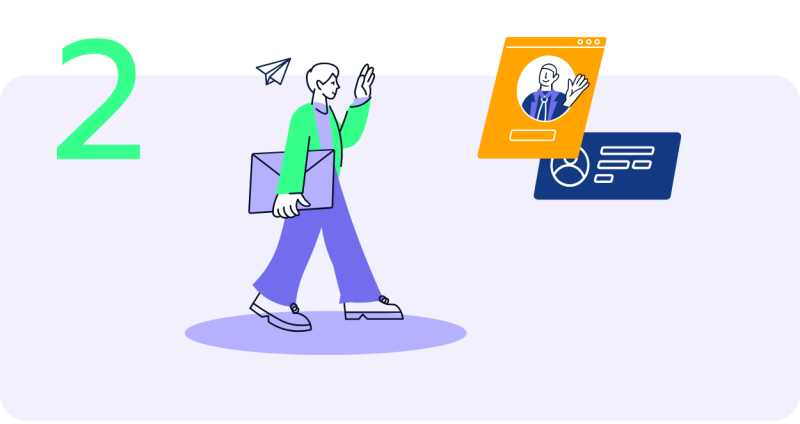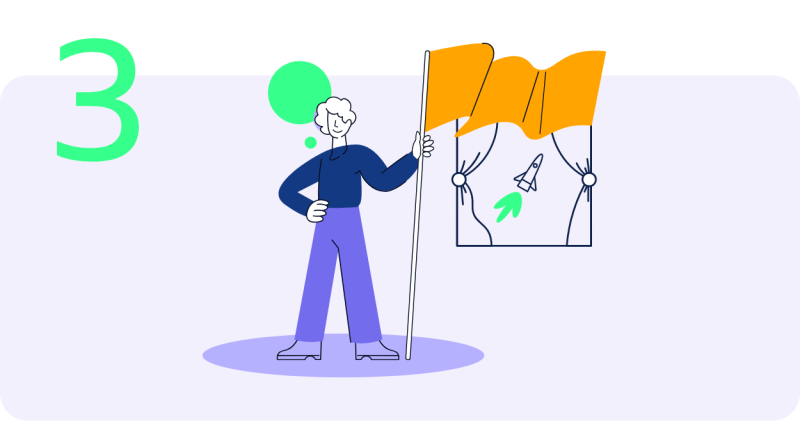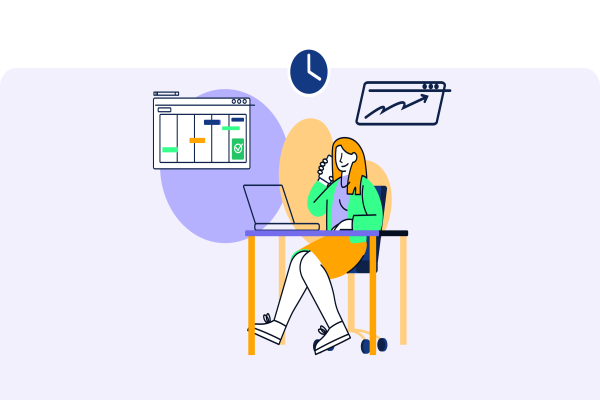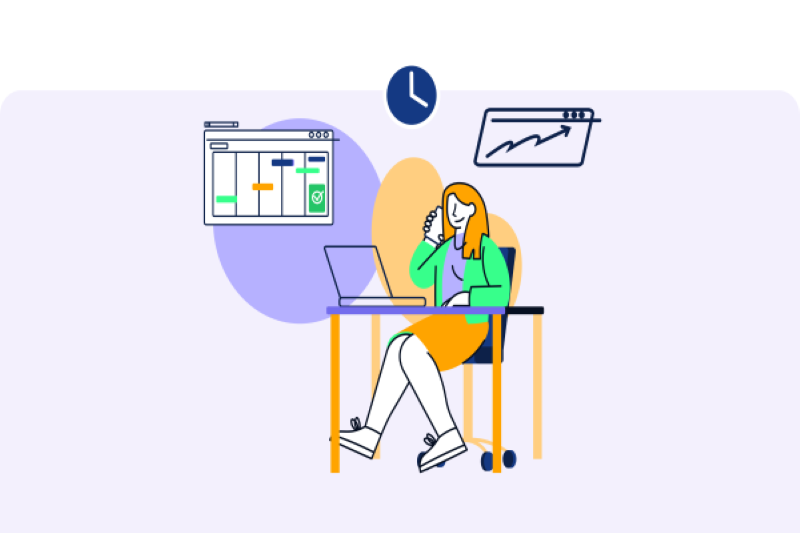To unlock your full potential in the real interview, it's important to build your preparation on multiple pillars. PrepLounge provides access to a huge collection of practice materials. Start now and:
- Schedule mock interviews with other candidates and coaches from around the world.
- Practice real interviews in our diverse case library of over 200 cases.
- Study articles and business concepts in the Case Interview Basics or through video tutorials.
- Use the Mental Math Tool, Stress Question Mode, exercises, and additional tests to refine your skills.
- Ask industry-specific questions (e.g., Finance or Consulting) in our Q&A and engage with the community.
